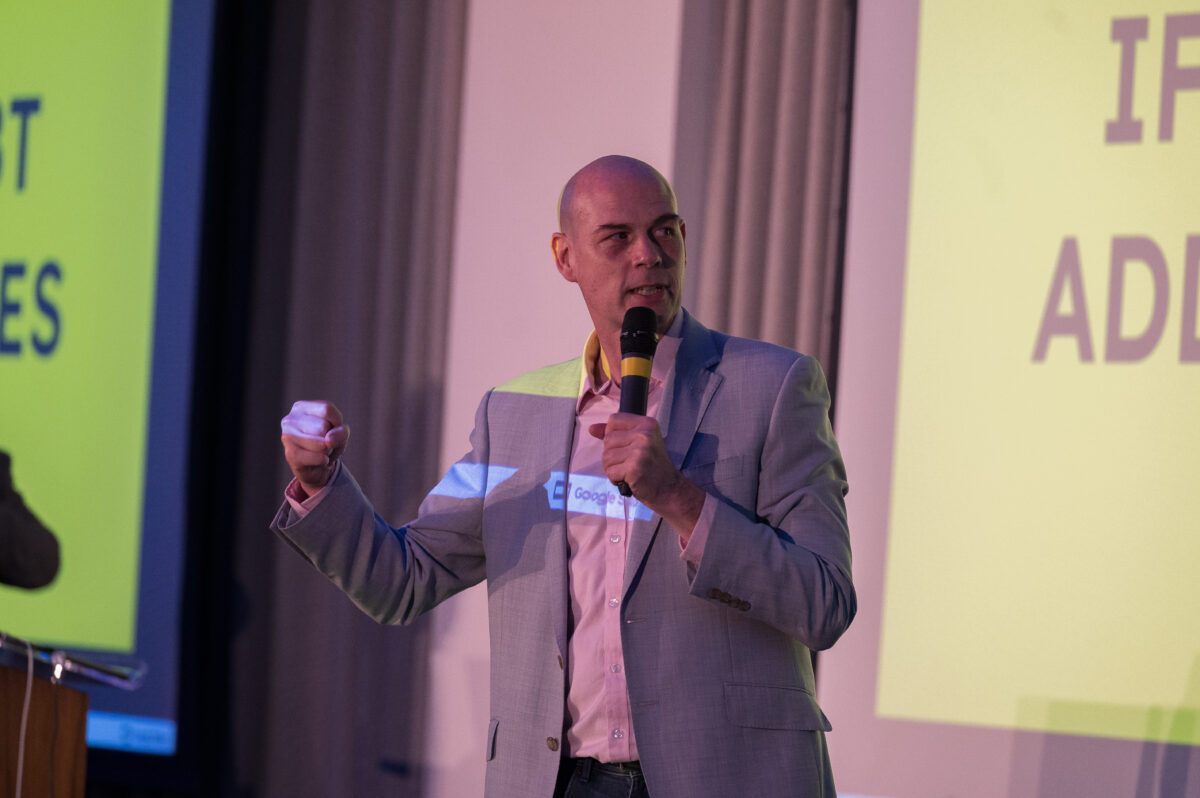I could tell many stories of feeling trapped in a networking situation with someone who never shut up and showed little interest in me.
I never did any business with any of them.
Welcome to my early days of attending business networking events.
Having spoken on the subject to subsequent networking groups it appears that this is a fairly universal experience to seasoned networkers.
Indeed, the art of breaking away from such situations is the topic for another article.
Whether you want to admit it or not, we are all judgemental and there are too many interesting people out there to be stuck with someone boring when out networking.
You never get a second chance to make a first impression.
This is particularly true in forums such as business networking, speed dating and pitching for funding.
I will confess that I’ve never been speed dating but all of the principles of this article will likely better prepare you for that as well.
First impressions last.
A good first impression gives you a lot more flexibility in the opening gambit of any relationship.
A bad first impression is highly likely to cost you business, a relationship or funding. Or all three if you are showing up in all of these forums.
In my career before starting my own business I ventured around customer service professions: catering, banking and nursing.
In catering a good first impression led to better tips.
In banking good first impressions led to good reviews and happy customers.
In nursing a good first impression was essential in establishing trust and confidence.
So by the time I entered the world of business networking and pitching for funding I had a fairly solid background in the key components of making a great first impression.
There are many components that go into the art of establishing rapport so I’ll synthesise these down to 3 key areas.
1.Make your first priority to find out about them.
Too many people talk for too long about themselves, looking to sell.
As Stephen Covey says in his 7 habits of highly effective people: first seek to understand, then seek to be understood.
My early business networking experiences demonstrated a distinct lack of this for many. Being curious, asking questions and summarising what you have understood so far are critical tools in establishing rapport.
There is a balance here. If you find yourself asking questions to someone who takes forever to answer them, you are likely wasting your time.
2. Be a good listener
This is the key ingredient. Good listeners are hard to find in today’s busy networking environment. Mobile phone developments have added an extra layer of addiction to navigate here.
Do you answer your phone if someone calls you when you are out networking?
For me, the person who takes that call, without giving me any warning that they were expecting it, is dead in the water.
Why make the effort to travel to a face-to-face event when the person you are speaking with is giving priority to their phone?
If you are organising the event and have given out your number incase people need directions, that’s fair enough. But taking random calls will often leave your first impression on a nose-dive to nowhere good.
Are you curious about what the other person is saying or just waiting to talk?
This is another dynamic I witness a lot in business and life. Quite often I get interrupted mid-sentence as someone thinks of something else and can’t wait to tell me.
Unless someone has been talking for too long, it’s rarely a good idea to interrupt them as they are talking.
3. Answer the questions asked succinctly.
This aspect is particularly relevant in pitching for funding situations.
So often those pitching confuse a good pitch with good politics.
Many politicians specialise in taking a long time not answering some questions, taking the conversation down a different route.
I have seen so many CEO’s pitching to investors make this mistake.
The question and answer section should be clear and succinct.
Investors see through bullshit, which is often how a pitch goes when CEO’s can’t answer the tough questions and think they’re clever by going down an alternative path.
If you can’t answer any question about your business in under 30 seconds, you don’t understand it well enough. I say 15 seconds to those I work with but I’m a tough taskmaster.
There are other aspects to building quick rapport but I’m not going to overwhelm you with the rest right now.
If you focus on these 3 alone you will definitely improve your rapport-building skills and make much better first impressions.
And if you want to get your funding pitch on track, get in touch and I’ll show you how I can help you.





